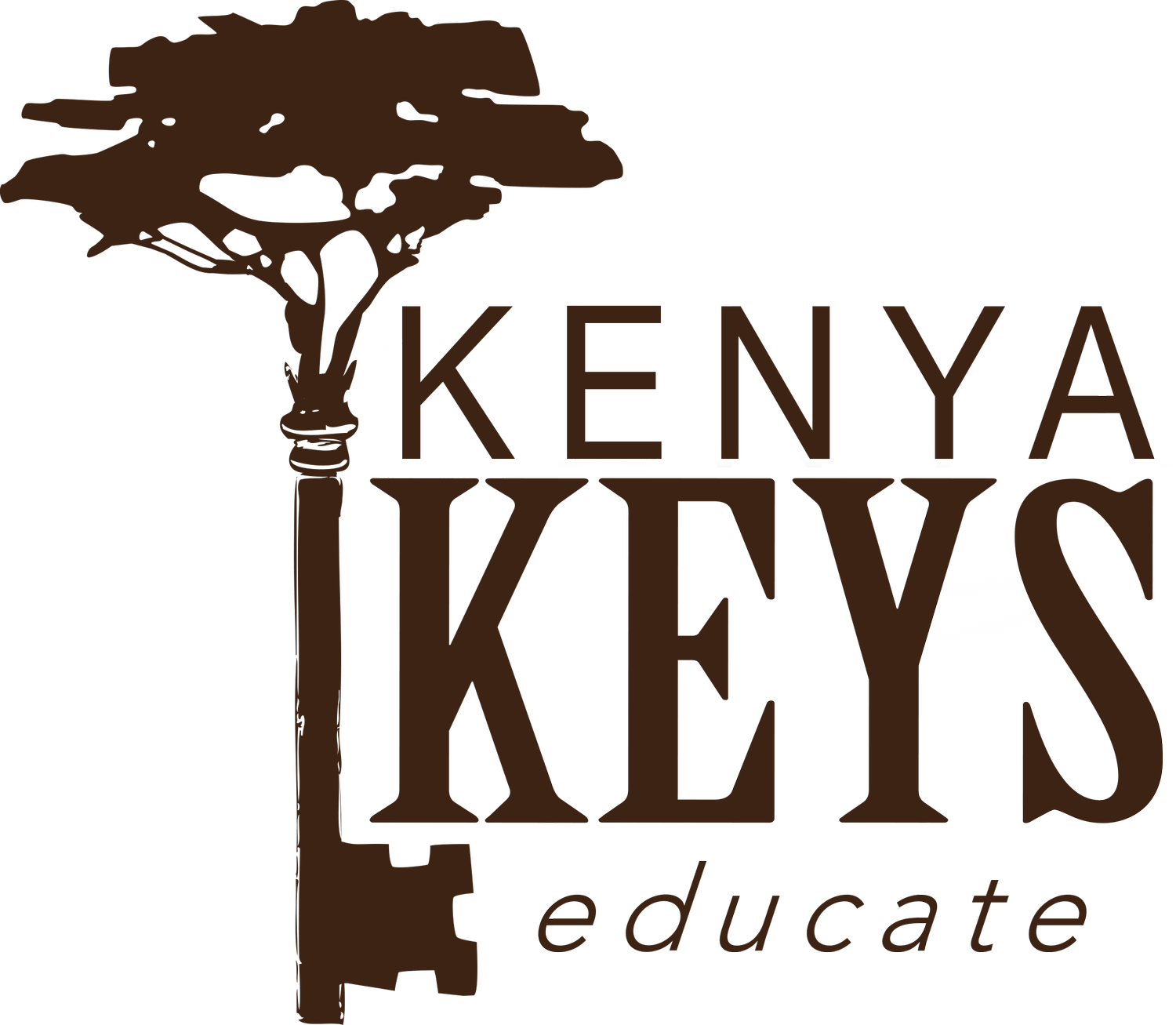SOS Girls Revisited
One of the things I was looking forward to most this year was to meet with the SOS girls. SOS stands for Save Our Sisters. The group was organized last year when it was brought to our attention how many girls in primary school (grades 1-8) had suffered from violence, rape, and pregnancy. The figures were staggering. The SOS group began when 16 secondary school girls united to form a girl’s advocacy group, whose purpose it was to go into the primary schools and talk to the girls about how to stand up against the threats to their educations as well as their safety. (See blog from 2011 click here.)Khadija, their chairman, tells me their numbers have now swelled to near 30. These girls have seen it all. Their ages might just be 16-19, but their life experience far exceeds those much older in my American world. There’s not one of them that hasn’t lost someone to AIDS. There’s not one of them that doesn’t know the ravages of hunger. There’s not one of them that hasn’t fought with all she’s worth to manage to stay in school to Form 3 and 4 (juniors and seniors). There’s not one of them that doesn’t consider the lack of sanitary pads to be a huge challenge in her life. Poverty, and the determination to overcome it, has defined these girls. I am humbled by meeting with them. I honor their stories. I want these girl’s voices to be heard. If I don’t do one other thing in my life, I want to help their voices to be heard.Khadija, student chairman of the SOS Girls Club SOS Girls receiving sanitary kits. I learned so much in our meetings together. I started by trying to get an educational profile of the girl’s parents. What made these girls have the courage and the determination not just to remain in school, but to dare to stand up as role models and advocates? A surprising statistic emerged. The vast majority of them had educated fathers. I expected to find educated mothers, because I’ve read and seen how frequently an educated mother will make sure her children are educated as well. But in this case the majority of their mothers had never even achieved a primary education. They fell in the category of “illiterate subsistence farmer.” But their fathers were another story. Almost all had at least a secondary education. Many had gone to college. It made me realize that even though Kenya Keys puts such a premium on educating girls, money spent on educating a boy goes toward making life better for the females in that boy’s life. It is a great investment for all involved! These girls, for the most part, have fathers that want to see them succeed and become more than chattel.I had the girls write down two things: 1) what they feared most and 2) what advice they would give to other girls. They answered anonymously and therefore honestly. They feared, above all else, that somehow their futures would be derailed by a man. Fear of rape was big. Fear of being weak at a critical moment was big. Fear of not being able to be the breadwinner, which was expected of many of them, was big. Fear of poverty that could prevent them from achieving their goals, since a dowry could ease the strain on the family.Their vulnerability came out in their fears, their strength in their advice. “Don’t give up!” they said. “Don’t depend on anyone but yourself.” “Remember that the wrong man could be your death sentence.” “Pick your friends with great care.”Next they will meet the six young women that are Kenya Keys interns. Together they will plan the next presentation to be given at Fuleye Primary school. And they will talk about how to make their organization sustainable. The building blocks of creation; the genesis of empowerment. There is no doubt in my mind that these girls will do what we can’t; save their sisters, and at the same time, save themselves.

